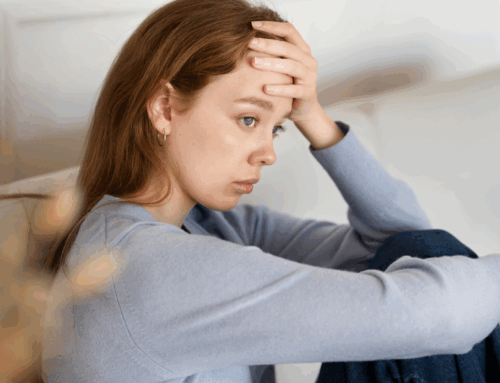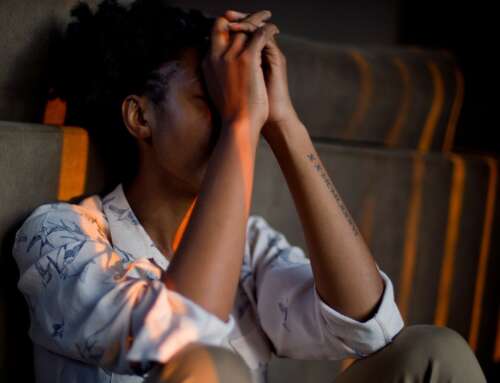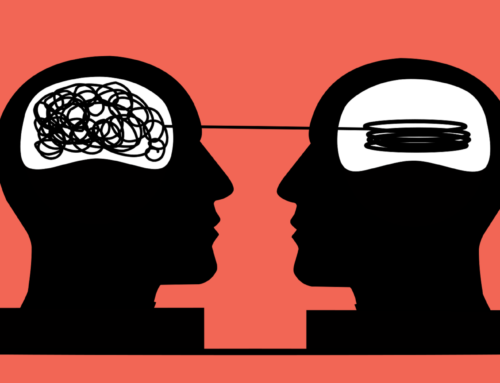Stigma marks a person as ‘different’. The World Health Organisation defines stigma as “a mark of shame, disgrace or disapproval which results in an individual being rejected, discriminated against, and excluded from participating in a number of different areas of society.”
Unfortunately, stigma often arises when people who don’t have a full understanding of someone else’s situation. This is certainly the case with anxiety. Research from the National Survey of Mental Health Literacy and Stigma shows that there are three main misconceptions when it comes to anxiety. These are centred around the person who has anxiety and how they believe others view their condition.
“Anxiety is a sign of personal weakness”
Anxiety doesn’t discriminate. It affects people of all ages and all walks of life. It does not affect ‘weak people’, nor is it a sign of weakness. This perception needs to change as it means people dealing with anxiety are less likely to seek support.A person tries to lift a bench press labelled ‘anxiety’
“People with anxiety can ‘snap out of it’ if they really wanted to”
– Beyond Blue
Read More: Three Common Misconceptions About Anxiety
Image by Fernando from Unsplash







Leave A Comment